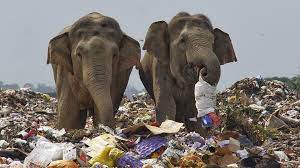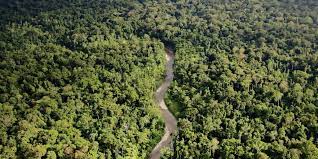A significant percentage of UK household waste is waste food.
Now it is true that better planning, better reuse can greatly reduce this. However only food that is uncooked can be put in a compost heap. The UK produces about 5 million tonnes of food waste year. If this was collected it could reduce emissions dramatically, as well as potentially creating significant biogas for power generation.
Continue reading “In the UK the government has mandated waste food collection by 2023 – but no funding”


